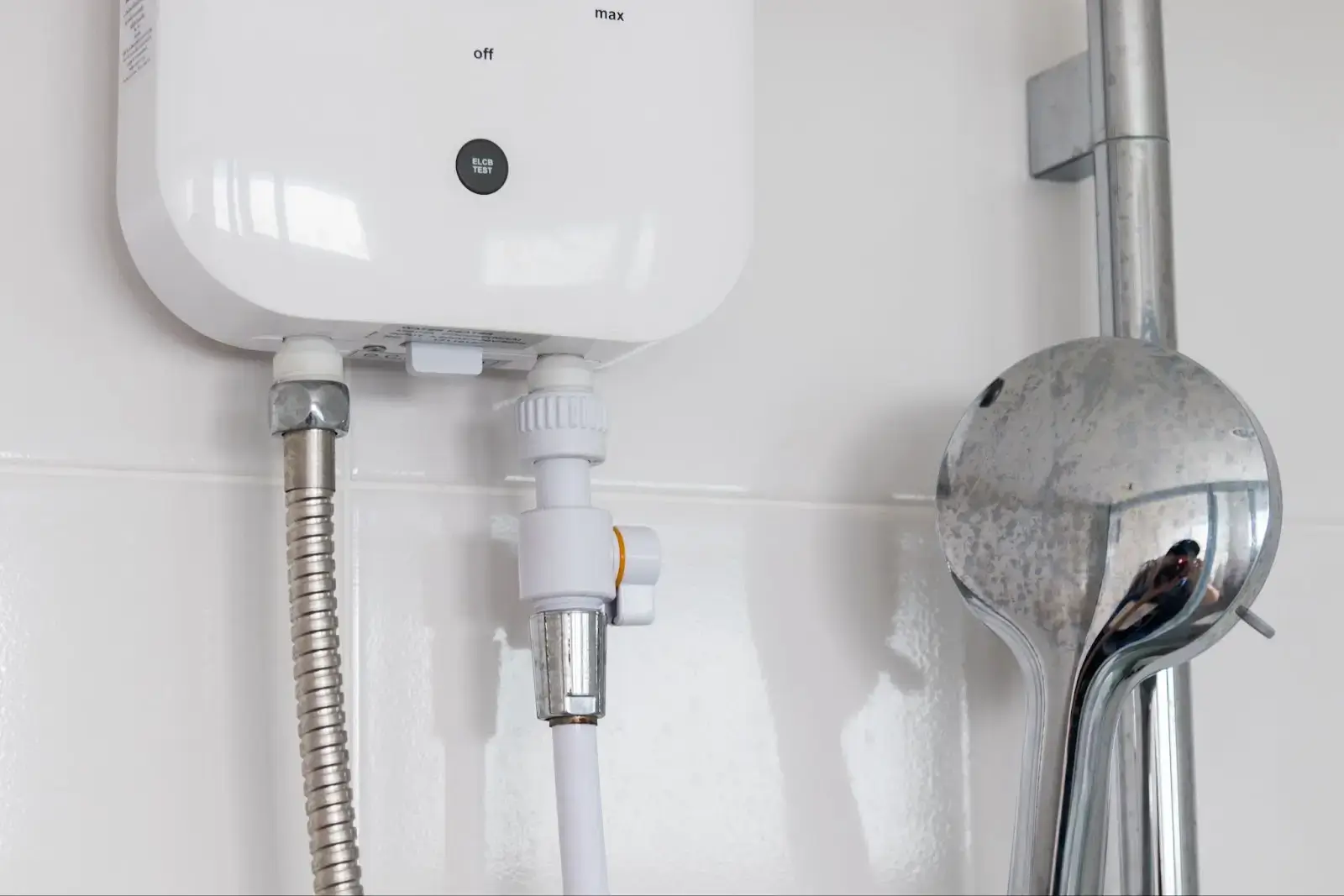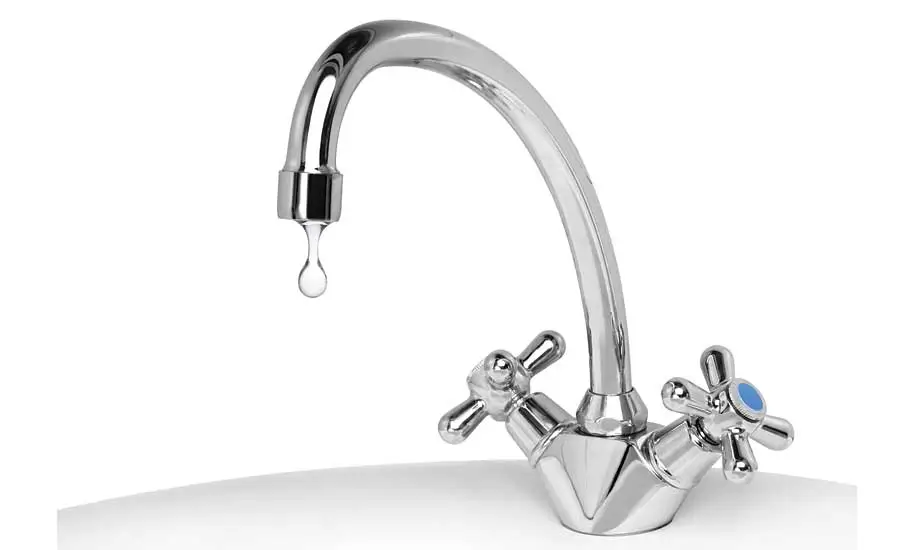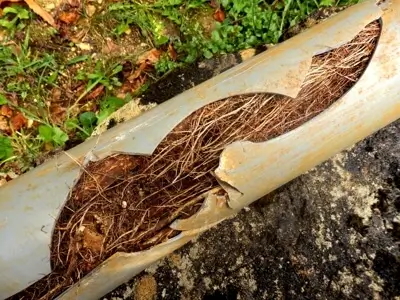The capacitor is one of the most basic components of an HVAC system. It energizes the AC unit when it's time to cool your home or office—it also controls the flow of power inside the unit to prevent short circuits and other damages.
Over time, AC capacitors can deteriorate and lose functionality. This compromises your air conditioning system, as well as your comfort at home.
Still, how can you know what the symptoms of a failing AC capacitor are? And when is it time to get a replacement capacitor?
This article discusses what an AC capacitor is in detail and offers insight into the best course of action when dealing with a failing AC capacitor.
What is an Air Conditioning Capacitor?
The AC capacitor is a component in your AC system that stores electrical energy.
It serves as a temporary storage device for energy until the AC unit is turned on. This stabilizes the voltage released into the AC, preventing damage.
Most people refer to the AC capacitor as a "battery" because of its cylindrical appearance. However, they're two completely different components.
Batteries supply a consistent stream of power into devices. They can also store charges much longer than capacitors.
On the other hand, capacitors are designed to provide quick bursts of energy to get a device started. Unlike batteries that provide constant power, capacitors lower their energy output once the device turns on.
What Does an AC Capacitor Do Exactly?
The capacitor inside your AC unit supplies the first burst of power required by your air conditioner's motor to work properly.
It reserves electrical energy and transfers it to your air conditioner motors in bursts to begin the cooling cycle.
As soon as your AC is up and running, the capacitor reduces its energy release while still supplying a constant stream of electricity into the AC until the cycle is completed.
Capacitors become charged according to the voltage applied to it. It collects and stores energy while the AC is running. Thus, when your cooling system demands a significant surge of energy, the capacitor can provide it while keeping everything running smoothly.
What's the Difference Between a Start Capacitor and Run Capacitor?
Air conditioner capacitors have two types:
- Run capacitors
- Start capacitors
Run capacitors store the power needed to keep the AC motor running and provide your home with cold air. Meanwhile, start capacitors are specifically designed to give AC units that initial jolt to start up.
Since it takes more torque to get the motor started, it makes sense that a start capacitor would have a higher electrical storage capacity than a run capacitor.
How are AC Capacitors Measured?
Nobody would expect you to know what unit of measurement AC capacitors use, especially if you're a new homeowner. Regardless, it's important to know these measurements to avoid damages or errors down the road.
AC capacitors are measured using voltage and microfarads.
Voltage indicates the amount of electric power that's flowing through the capacitor. Each capacitor has a maximum voltage rating that indicates the highest limit of power the capacitor can take. This is typically indicated in the capacitor's manual using the following:
- WV (working voltage)
- WV DC (DC working voltage)
On the other hand, microfarads indicate how much electrical charge the capacitor can hold. Generally, run capacitors have an MFD (microfarads) range of 5 to 80 MFD. Start capacitors have an MFD range of 430 MFD to 516 MFD.
You should consider these two factors when choosing a new capacitor for your home.
Importance of AC Capacitors
The AC capacitor is one of the most important components in an air conditioning system.
Below are a few reasons why the AC capacitor is an important part of your AC system:
Supplies Constant Power to the Air Conditioning System
Your cooling system requires constant supplies of electricity to provide cold air in a home. AC capacitors regulate the electrical current flowing into the AC unit, ensuring your AC gets enough electricity without going over the voltage limit.
Provides the Initial "Jolt" of Energy to the Air Conditioner
An air conditioner is a high-power machine that requires great amounts of energy to work. Your home's electrical system is just not strong enough to provide the air conditioner with the charge it needs. A capacitor can provide that initial "jolt" of energy to start the cooling cycle.
This tremendous surge of power jolts the AC unit by up to 500% of its typical energy capacity. This activates the motor functions, allowing AC units to start blowing cold air into your home.
Signs of a Malfunction in Your AC Capacitor
A failed AC capacitor is bad news for any homeowner. Not only does it compromise the air quality in your home, it also takes a huge chunk out of your savings.
The following are signs that you have a failing capacitor in your hands. If you notice any of these symptoms in your air conditioning system, contact an HVAC technician for inspection.
1. AC Unit is Short Cycling
A failing capacitor may have trouble maintaining a consistent stream of power into the AC unit. This lack of power can cause the air conditioner to short cycle.
Every air conditioner has a cooling cycle that varies depending on several factors, such as indoor temperature, outdoor conditions, and even AC unit size—among others. During this cooling cycle, your AC turns warm air into cool air.
Short cycling is when your air conditioner starts making shorter cycles than usual. As a result, it doesn't cool warm air as effectively.
A bad AC capacitor isn't the only reason why short cycling happens. It would be best to contact an HVAC technician to assist you in identifying the real problem with your air conditioning system.
2. AC Unit Won't Turn On
Your air conditioner refusing to turn on is another sign of a bad capacitor. As we mentioned, the AC capacitor is responsible for jumpstarting your entire air conditioner unit.
If there's a problem with the AC capacitor, your AC unit will have trouble turning on. To solve the issue, you'll need to get AC repair from a professional.
3. AC is Making a Low Humming Noise
It's not unusual for an older air conditioning unit to make some noise when running. However, most modern air conditioners are designed to run quietly. If you notice your air conditioner making a low humming noise or a high-pitched screeching sound, it's a strong indicator that you have a bad capacitor.
4. A Spike in Your Electric Bills
Did you receive a higher energy bill this month? This is one of the warning signs of a failing capacitor.
Bad capacitors typically consume more power than average, since they can't regulate the amount of electricity passing through the AC unit as effectively.
This excess electricity is often reflected in your electric bills.
5. Warm Air When AC is On
If your cooling system is releasing hot air instead of cool air into your home, this is a strong indicator of a bad AC capacitor. This might occur when the air conditioning system short circuits or gets damaged by external conditions.
You can try restarting your condensing unit to see if it fixes the problem. However, most of the time, you'll have to switch your old capacitor with a new one.
6. Burning Smell from Outdoor Unit
A burning smell coming from the HVAC system's outdoor unit is never a good sign. This means the system requires professional repair or replacement.
The motors in your AC may still try to turn on, even if the capacitor is no longer supplying it with enough energy to start. This can cause the motors in your AC unit to overheat, which can smell like something is burning inside.
You can temporarily resolve the issue by applying lubricants to the motor's bearings. However, for a more permanent fix, replacement is the ideal option.
Should I Replace My AC Capacitor?
Typically, an AC capacitor has a long lifespan of 20 years with proper care and maintenance. Some models can last a few years longer, but should you really wait for your AC capacitor to give out before you replace it?
An AC capacitor can be expensive to replace. This is why experts recommend getting regular maintenance to keep your AC capacitor in tip-top shape. That way you can avoid having to replace it too soon.
AC Capacitor Replacement Cost
The costs to replace an AC capacitor varies depending on its model, voltage, and MFD rating. Typically, you can expect to spend around $120 to $250 for a new AC capacitor.
Price will also be affected depending on whether your cooling system uses a single capacitor or dual capacitor.
Busted or Failing AC Capacitor? We Can Help!
AC capacitor problems are not uncommon in homes with an HVAC system. After all, the AC capacitor runs non-stop when the AC unit is on. It's naturally prone to a lot of wear and tear over time.
If you suspect that your AC unit has a bad AC capacitor, an experienced HVAC technician can help you find the best solution.
The Best Heating and Cooling Solutions in Portland
Here at Sunset Heating and Cooling Electrical, we strive to provide our clients with the highest-quality AC repair services and maintenance. Our technicians can diagnose and fix all types of HVAC system issues, from a bad air conditioner capacitor to a refrigerant leak.
Get in touch with us to get a free estimate for AC repair or replacement, today.
Call us at (503) 500-5866
We look forward to working with you!







